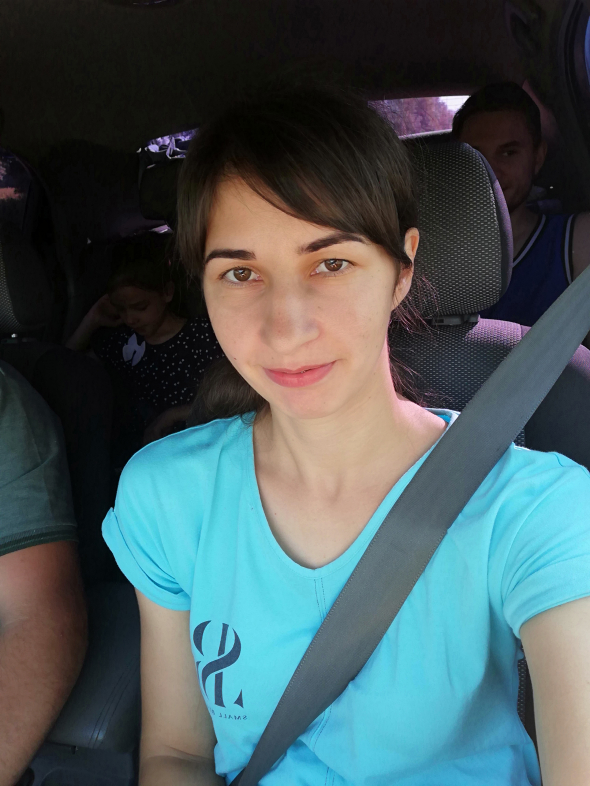Проверочный тест по теме: «Печатная продукция» для 9 класса
1.Read the text and decide which facts given after it are true, false or not stated.
Unique Publication
The Encyclopedia Britannica (Latin for British Encyclopedia) is a general knowledge English-language encyclopedia. It is one of the most famous publications of its kind and one of the oldest as well. It was first published in three volumes , or books between 1768 and 1771 in Edinburgh, Scotland. Since that time the encyclopedia has become much larger. First it included ten, then twenty and finally thirty-two volumes. The 32-volume publication was the last printed one. It came out in 2010.
Now the publishers are focusing on its electronic form called Encyclopedia Britannica Online. The modern publications include about 40 million words on half a million subjects. A lot of libraries were and still are proud to have the Britannica. Throughout history, this encyclopedia has been giving its readers first-class educational material in every field of human knowledge.
The earliest Britannica was published by its founders Andrew Bell, Archibald Constable and some others. Since that time the number of authors and contributors has grown dramatically and these days thousands of people write new articles and update old ones. The contributors often come from other countries and include the world’s most respected experts [?eksp?: ts]. Till nowadays the reputation of Britannica has been unquestionable.
Some people have devoted themselves to reading the whole Britannica, taking from three to 22 years to do so. When Fat’h Ali became the Shah of Persia in 1797, he was given the Britannica, which he read completely. After that he added to his royal title the following words: “Most Formidable Lord and Master of the Encyclopedia Britannica”.
Writer George Bernard Shaw read nearly the whole of it (he was not interested in the science articles) . Richard Byrd took the Britannica as reading material for his five-month stay at the South Pole in 1934, while Philip Beaver read it during a sailing expedition.
1) The Encyclopedia Britannica is the oldest world-famous source of information.
2) Mostly citizens from English-speaking countries take part in contributing articles to the Encyclopedia Britannica.
3) Fat’h Ali read all the articles in the Encyclopedia Britannica.
4) From the first publication up to these days the reputation of the Encyclopedia Britannica has been very high.
5) All libraries in Great Britain have the Encyclopedia Britannica.
2.Use the appropriate participles to complete the sentences.
1) We had a hard time (climb)the hill with heavy backpacks.
2) (Say) in a whisper, the words couldn’t possibly reach the stranger’s ears.
3) It was an old (use) car, cheap and ugly but we were very proud of it.
4) They stopped in front of the (close) door: there was no way out of the house.
5) The noise (come) from the next room sounded like a baby crying.
6) The story (tell) by the boy was not easy to believe.
7) (Live) in the north, she kept thinking about the sunny beaches and the warm blue sea of the south.
8) I love this summer dress (make) by my mother.
9) The big tree (grow)opposite my window looks fantastic in early autumn.
10) The book (publish) last year has become an international bestseller.
3.Use the appropriate words to complete the sentences.
1) At the end of a school year pupils look (forward/through) to their summer holidays.
2) When will the new textbook be (printed/published) and appear in the shops?
3) We don’t often meet each other but (generally/occasionally) we do.
4) Even among her friends she felt (alone/lonely).
5) John tried hard to complete the job on time but (failed/failure)
6) I would like to discuss the problem with you in private(generall). I don’t think Diana should know about it.
7) They had (fun/trouble) playing on the stage. Everybody enjoyed the performance.
8) In my opinion he (lay/lied) to you.
9) The (invention/investigation) of the Internet has changed the life of people.
10) I found the talk about Alice’s favourite books absolutely (fascinating/fascination)
11) He was looking (for/after) a job as a builder.
12) The photos from the family album (kept/brought) the days of our life in Australia to mind.
13) A big dog was (pulling/pulling) a sledge with a child.
4.Write the same in English.
1) Aвтор статьи; 2) уникальный случай; 3) расследовать преступление; 4) быть в сомнении (нерешительности) ; 5) полный провал; 6) полезное изобретение; 7) смелое поведение; 8) говорить шёпотом; 9) с нетерпением ждать праздника; 10) зарабатывать деньги.

















